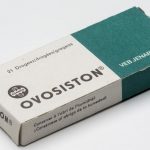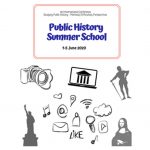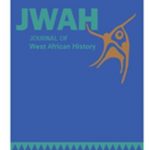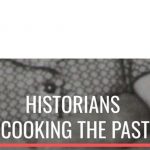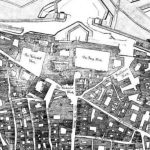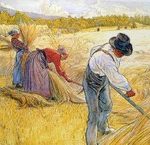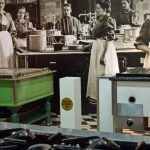 BRENNPUNKT° Museum der Heizkultur Wien (Web)
BRENNPUNKT° Museum der Heizkultur Wien (Web)
Ort: BRENNPUNKT°, Malfattig. 4, 1120 Wien
Laufzeit: bis 30.05.2021
Kennen Sie Louise Kolm? Anna Boschek? Oder Tilly Hübner? Falls nicht, lernen Sie sie unbedingt kennen! Die Ausstellung „Plan B. Wie Frauen Wien veränderten“ stellt Frauen vor, die um 1900 Pionierinnen gewesen sind: Sie forderten bessere Arbeitsbedingungen, setzten sich für einen Ausbau der städtischen Wasserversorgung ein oder nutzten als Unternehmerinnen die Möglichkeiten neuer Technologien.
Dazu zählen eben etwa Louise Kolm, die erste österreichische Regisseurin oder Anna Boschek, die für bessere Arbeitsbedingungen für Wäscherinnen, Dienstbotinnen und Heimarbeiterinnen kämpfte. Tilly Hübner schaffte es ihrerseits als erste Frau, als Gasthörerin an der Wiener Technischen Hochschule zugelassen zu werden – sofern genug Platz im Hörsaal war. Ihr Nachlass wird heute an der Sammlung Frauennachässe am Institut für Geschichte der Universität Wien aufbewahrt (Link).
Interviews mit sieben Wienerinnen der Gegenwart erweitern den Blick darauf, wie sehr die Entwicklung der Stadt Wien von innovativen und mutigen Frauen geprägt wurde.
Die Pionierinnen und ihr Plan B
Einen Besuch lohnen auch die sehenswerten, kuriosen, schönen und überraschenden Exponate des Heizungsmuseums. Es sind kunstvoll gefertigte Einzelöfen, Radiatoren, Dampfheizungen, Heizkessel, historische Bad-Einrichtungen oder eine alte Schule. Anhand der Geschichte des Heizens wird deutlich, wie eng technische Erneuerungen, die Entwicklung städtischer Einrichtungen, und private Lebensbereiche miteinander verknüpft sind.
Zentral für das Funktionieren einer Stadt
Die Sonderausstellung fragt, wie Entwicklung städtischer Einrichtungen und persönliche Lebensbereiche verwoben sind. Ausgangspunkt sind sieben Themenfelder, die zentral für den großstädtischen Alltag sind. Es geht um Arbeiten, Lernen und Wohnen, um Netzwerke der Versorgung und Entsorgung oder auch um Freizeit, Kunst und Kultur. Sieben Wienerinnen der Gegenwart erzählen davon, was diese Bereiche ganz persönlich für sie bedeuten. Die Besucher/innen erhalten so Einblicke in die Lebenswirklichkeiten von

